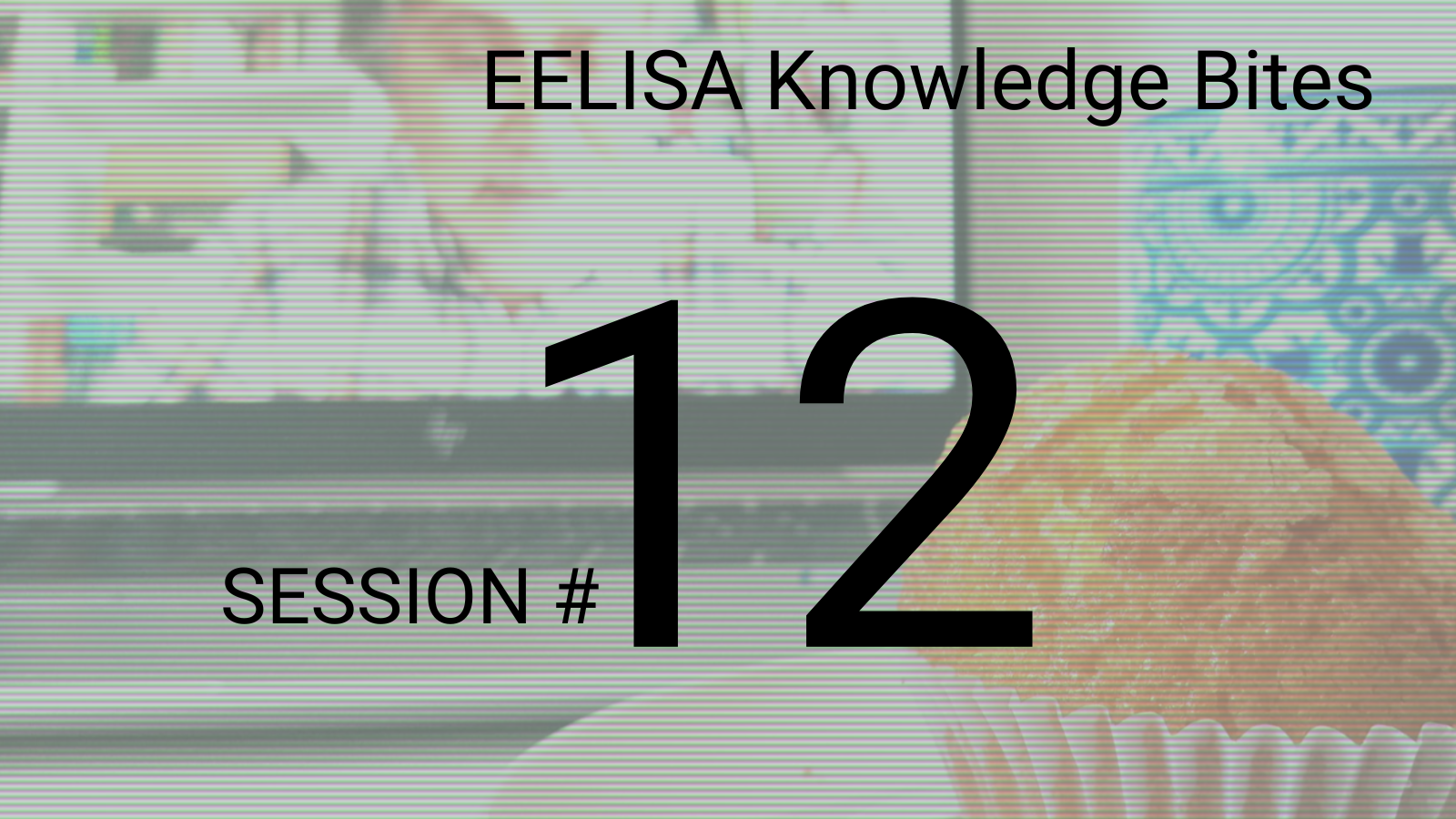
EELISA Knowledge Bite: InnoCORE, the R&I strand under EELISA Alliance
Postponed
The EKB planned for 8 July has been cancelled and it will be held at a later date
New dates will be announced
EELISA INNOvation and COmmon REsearch Strategy (InnoCORE) is the research and innovation strand of EELISA Alliance. A new initiative that offers important tools to support collaborations within EELISA.
The aim of InnoCORE is to fully exploit the extraordinary joint research and innovation capacities of the Alliance. We will achieve this by 1) creating a common research and innovation policy, 2) connecting our researchers and innovators, 3) enabling joint use and planning of infrastructures, 4) sharing resources, instruments and good practices on innovation and entrepreneurship, 5) sharing knowledge on and reaching a common Open Science policy, 6) optimizing reach-out and involvement of non-academic partners and society, 7) liaising with policy-makers at EU, national and regional level.
To achieve these goals, EELISA partners are working on putting in place different tools and activities. This includes building a catalogue of infrastructures and the launch of a networking platform for the identified clusters.
With this Knowledge Bites session, we aim to give EELISA researchers and academicians, and EELISA communities an overview of the research and innovation strand of EELISA, and inform them about the tools the project is working on, what InnoCORE can offer them and how they can get involved.
Panellists:
Isabel Salgueiro (UPM), general overview
Ilaria Ciofini (PSL), sharing your equipment in your lab
Barbara Pucci (SSSA), participating in clusters
What are “EELISA Knowledge Bites”?
“EELISA Knowledge Bites” is an online event series, where experts from the different EELISA universities give talks on topics that matter when building, growing and teaching in EELISA Communities.
WHEN
To be confirmed
WHERE
Online (zoom).
This activity has been funded with ‘EELISA INNOvation and COmmon REsearch strategy’ — ‘EELISA innoCORE’. This project has received funding from the European Union’s Horizon 2020 research and innovation programme under grant agreement No 101035811
